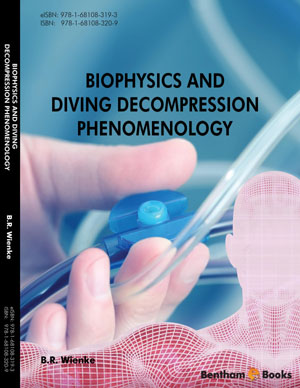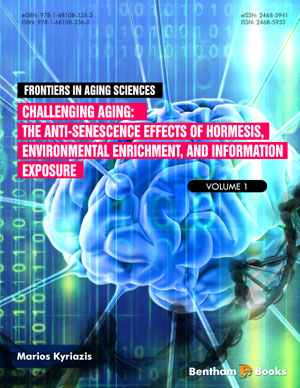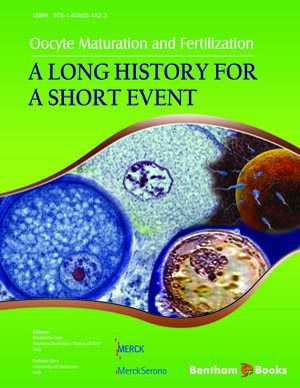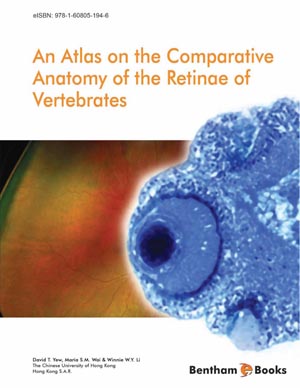Abstract
The International Diabetes Federation estimates 382 million people are currently living with diabetes mellitus worldwide; and with increasing rates of obesity in an aging population this number is predicted to increase to 592 million by 2035. The inability to ameliorate the causes of diabetes has motivated researchers to develop novel approaches aimed at providing curative therapies to replace current symptomatic management using exogenous insulin. Accordingly, postnatal or adult stem cell transplantation has recently emerged as a promising therapeutic strategy following reports detailing the stimulation of islet regeneration in preclinical and early clinical studies. Postnatal bone marrow (BM) and umbilical cord blood (UCB) sources contain progenitor cells of hematopoietic, endothelial, and mesenchymal lineages; and each have demonstrated islet regenerative functions in animal models of diabetes. In the context of this chapter, we summarize accumulating evidence from preclinical and clinical studies describing transplantation of these specific postnatal lineages to stimulate the regeneration of endogenous insulin secreting β-cells, and how these stem cells may be used to provide paracrine support alongside the transplantation of allogeneic islets.
Keywords: Allogeneic transplantation, Autologous transplantation, β-cells, Bone marrow, Diabetes mellitus, Endothelial progenitor cells, Hematopoietic progenitor cells, Hypoxia, Insulin, Islet angiogenesis, Islet neogenesis












